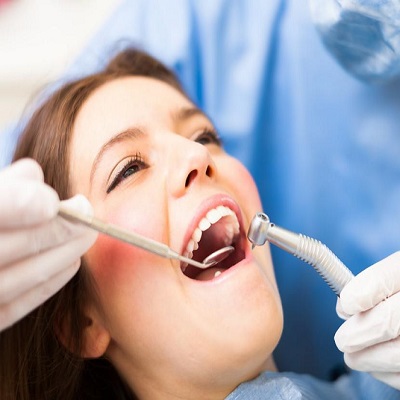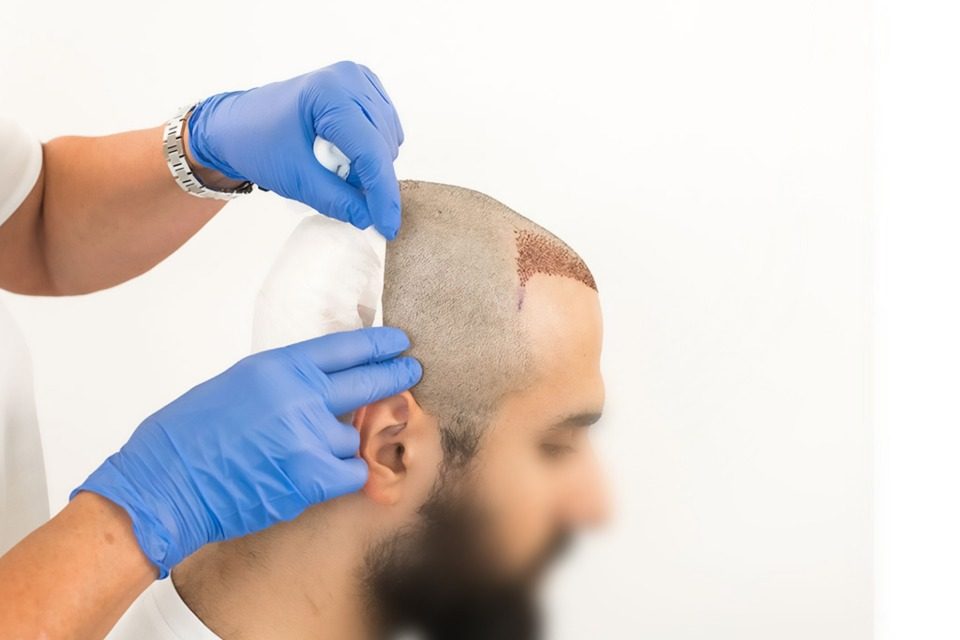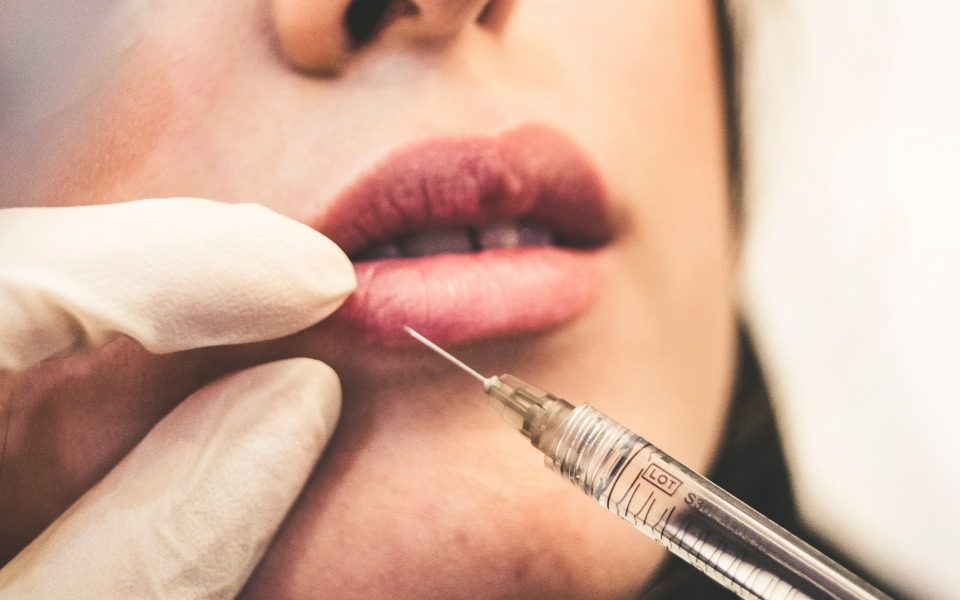 Introduction
Introduction
Maintaining good oral hygiene is a cornerstone of overall health, and one of the essential aspects of this is regular teeth cleaning and polishing. In this article, we’ll delve into the reasons why teeth cleaning matters, the process involved, and the benefits of including teeth polishing in your dental care routine.
Why Teeth Cleaning Matters:
Regular teeth cleaning is not just about achieving a bright smile; it plays a crucial role in preventing various dental issues. By removing plaque and tartar, teeth cleaning helps in preventing cavities, gum disease, and bad breath. It’s an investment in your long-term oral health.
The Process of Teeth Cleaning:
Professional teeth cleaning involves several important steps. The dental professional will start by examining your teeth and gums, followed by scaling to remove plaque and tartar. Polishing is then performed to eliminate surface stains, leaving your teeth clean and smooth. Fluoride treatment may also be recommended for added protection.
Frequency and Timing:
Wondering how often you should get your teeth cleaned? It’s generally recommended to have professional cleaning every six months. However, individual needs may vary, and your dentist might suggest more frequent cleanings based on your oral health. The best times for dental appointments are typically in the morning when you’re fresh and not rushed. This ensures a thorough cleaning and allows the dentist to address any concerns you may have.
Professional vs. At-Home Teeth Cleaning:
While professional cleanings are essential, maintaining good oral hygiene at home is equally crucial. Brushing and flossing regularly complement professional cleanings, ensuring comprehensive dental care. It’s a partnership between you and your dental team for optimal oral health.
Teeth Polishing: What Is It?
Teeth polishing is the final step in a professional cleaning. It involves the use of a polishing tool and a special paste to remove stains and smooth the tooth surfaces. This not only enhances the appearance of your teeth but also makes it harder for plaque to accumulate.
DIY Teeth Cleaning and Polishing Tips:
In between dental visits, there are things you can do at home to support your oral health. Regular brushing and flossing are the foundations, but additional practices like using an antiseptic mouthwash and avoiding tobacco can contribute to healthier teeth and gums.
However, it’s crucial to approach DIY dental care with caution. Some practices, such as using overly abrasive substances, can damage your teeth and gums. Always follow your dentist’s advice.
Common Misconceptions about Teeth Cleaning:
Misinformation can lead to neglecting dental care. It’s essential to address common misconceptions, such as the belief that teeth cleaning is painful or that it’s only necessary if you have visible issues. Dental professionals make the experience as comfortable as possible, and regular cleanings are preventive measures, not just solutions to existing problems.
Signs You Need Professional Teeth Cleaning:
Understanding when to seek professional help is vital. If you notice persistent bad breath, bleeding gums, or tooth sensitivity, it’s time to schedule a dental cleaning. These signs often indicate underlying issues that a dental professional can address.
Teeth Cleaning for Different Age Groups:
Dental care needs vary at different stages of life. Children may require additional preventive measures, adults might be dealing with specific issues like teeth grinding, and seniors may face challenges related to aging. Tailoring dental advice to each age group ensures comprehensive care.
Choosing the Right Dental Professional:
Selecting the right dentist or dental hygienist is crucial for a positive dental experience. Factors such as experience, reviews, and the atmosphere of the dental office should be considered. Building a trusting relationship with your dental team fosters better communication and care.
Cost of Teeth Cleaning and Polishing:
The financial aspect of dental care is a valid concern for many. Dental insurance often covers preventive services like cleanings, but it’s essential to understand your coverage. Some clinics also offer financing options for those without insurance.
Future Trends in Dental Hygiene:
The field of dentistry is continually evolving. Advancements like teledentistry, artificial intelligence in diagnostics, and personalized treatment plans are shaping the future of dental care. Staying informed about these trends can empower you to make proactive decisions for your oral health.
Maintaining Results After Teeth Cleaning:
The benefits of professional cleaning can be prolonged by adopting healthy habits. Regular dental check-ups, a balanced diet, and avoiding excessive sugar and tobacco contribute to lasting results. Your lifestyle choices play a significant role in maintaining a healthy smile.
Conclusion:
Teeth cleaning and polishing are not just cosmetic procedures; they are essential for preventing dental issues and maintaining overall health. By understanding the process, debunking myths, and embracing age-specific care, you can take charge of your oral health. Remember, a bright smile starts with a healthy foundation.



